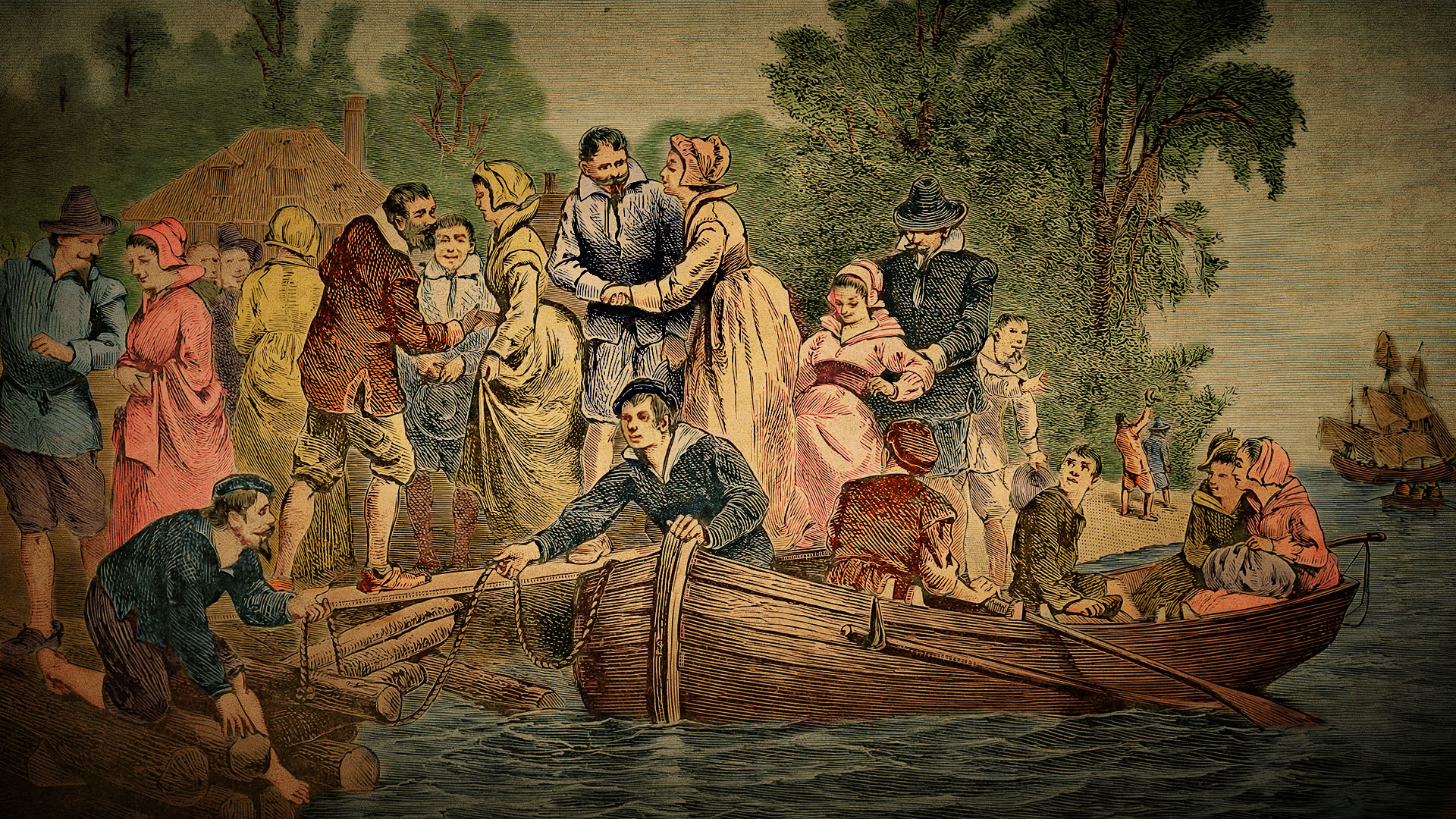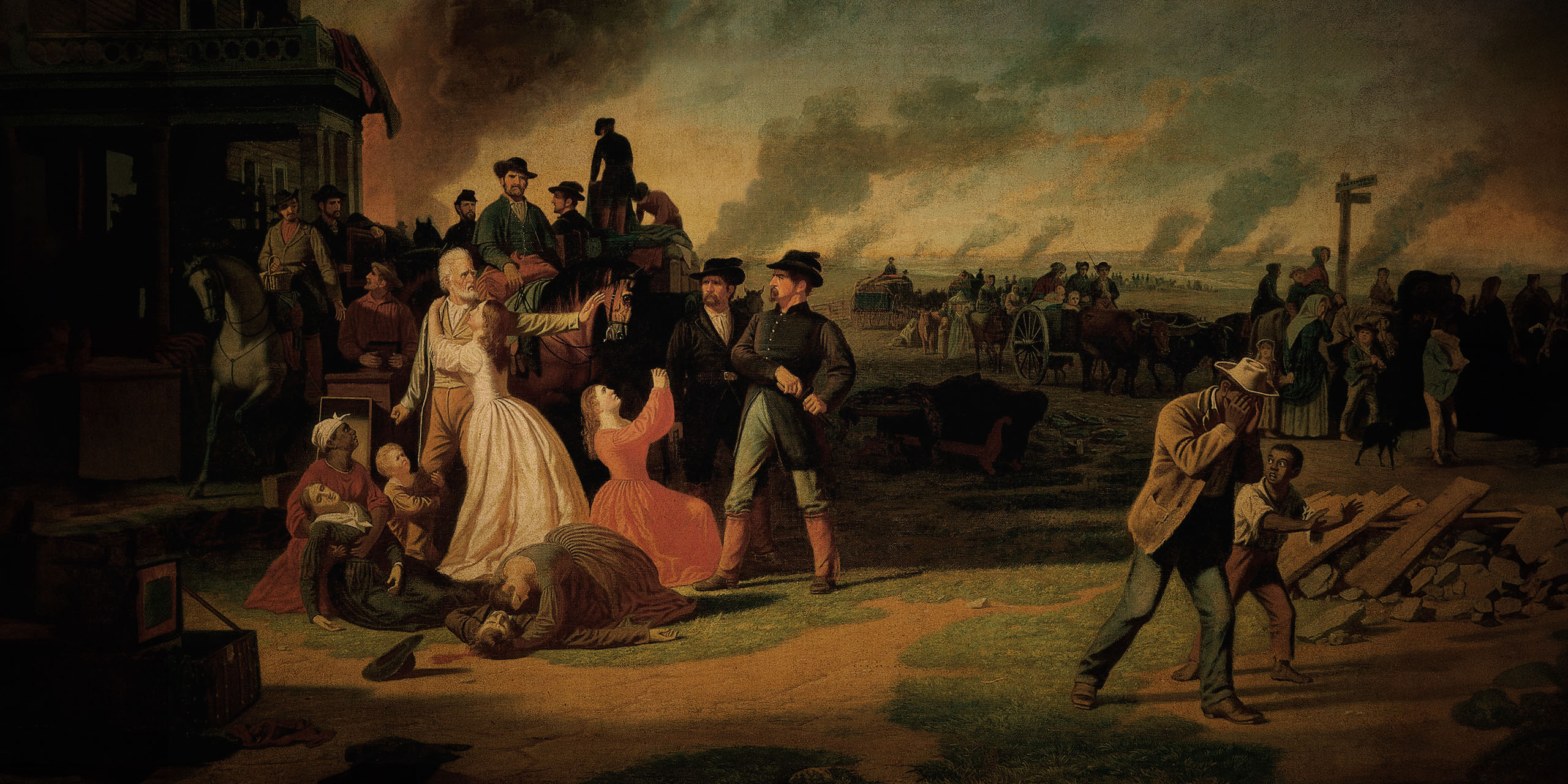Lincoln's Quest For Empire: A Journey Through Leadership, Vision, And Legacy
Mar 25 2025
Abraham Lincoln, the 16th President of the United States, is often celebrated as one of the most influential leaders in American history. His quest for empire was not defined by territorial expansion but by a vision to unite a nation divided by the Civil War and to establish principles of equality and freedom. Lincoln's leadership during one of the most tumultuous periods in U.S. history has left an indelible mark on the nation's progress.
When we talk about "Lincoln's quest for empire," it's important to understand that this phrase doesn't refer to the traditional concept of empire-building. Instead, it encapsulates Lincoln's relentless pursuit of unity, justice, and progress for the United States. His efforts to abolish slavery and preserve the Union during the Civil War remain some of the most defining moments in American history.
This article delves into the complexities of Lincoln's leadership, his vision for the nation, and how his legacy continues to shape modern America. By examining historical records, expert analysis, and primary sources, we aim to provide a comprehensive understanding of Lincoln's contributions and their lasting impact.
Read also:Discover The Ultimate Pizza Experience With Jaycees Pizza
Table of Contents
- Biography of Abraham Lincoln
- Early Life and Background
- Lincoln's Presidency and Vision
- The Civil War and the Quest for Unity
- Abolition of Slavery and the Emancipation Proclamation
- Leadership Qualities of Lincoln
- Challenges Faced During His Presidency
- Lincoln's Legacy and Impact
- The Vision of Empire: Unity and Freedom
- Conclusion and Call to Action
Biography of Abraham Lincoln
Personal Data and Background
Abraham Lincoln, born on February 12, 1809, in Hardin County, Kentucky, rose from humble beginnings to become one of the most revered figures in American history. Below is a summary of his personal data:
| Full Name | Abraham Lincoln |
|---|---|
| Birth Date | February 12, 1809 |
| Place of Birth | Hardin County, Kentucky |
| Occupation | Lawyer, Politician, President |
| Term as President | March 4, 1861 – April 15, 1865 |
| Death Date | April 15, 1865 |
Early Life and Background
Lincoln's early life was marked by hardship and resilience. Growing up in a log cabin in rural Kentucky, he faced numerous challenges, including poverty and limited access to formal education. Despite these obstacles, Lincoln developed a strong work ethic and an insatiable thirst for knowledge.
His self-education and legal career laid the foundation for his future political ambitions. Lincoln's experiences as a lawyer and legislator honed his skills in debate, negotiation, and public speaking—qualities that would later define his presidency.
Lincoln's Presidency and Vision
When Abraham Lincoln was elected as the 16th President of the United States in 1860, the nation was on the brink of division. His presidency was characterized by a steadfast commitment to preserving the Union and advancing the cause of freedom.
Key Achievements During Presidency
- Preservation of the Union during the Civil War.
- Issuance of the Emancipation Proclamation, which declared the freedom of enslaved people in Confederate states.
- Promotion of the Thirteenth Amendment, which abolished slavery nationwide.
The Civil War and the Quest for Unity
The Civil War, which lasted from 1861 to 1865, was a defining period in Lincoln's quest for empire. His leadership during this time was crucial in maintaining the unity of the nation and laying the groundwork for a more inclusive society.
Lincoln's strategic decisions, such as his appointment of key military leaders like Ulysses S. Grant, played a significant role in turning the tide of the war. His unwavering commitment to the cause of freedom and equality inspired millions of Americans to fight for a better future.
Read also:Nu Crepes The Ultimate Guide To Exploring The World Of Delicious Thin Pancakes
Abolition of Slavery and the Emancipation Proclamation
One of Lincoln's most enduring legacies is his role in the abolition of slavery. The Emancipation Proclamation, issued on January 1, 1863, marked a turning point in the Civil War by redefining the conflict as a struggle for human rights.
This historic document not only freed enslaved people in Confederate states but also paved the way for the Thirteenth Amendment, which permanently abolished slavery in the United States. Lincoln's vision of a nation free from the shackles of slavery continues to inspire movements for social justice today.
Leadership Qualities of Lincoln
Lincoln's leadership qualities were instrumental in navigating the challenges of his presidency. His ability to empathize with others, make difficult decisions, and inspire hope in the face of adversity set him apart as a leader.
Some of the key leadership traits exhibited by Lincoln include:
- Empathy: Lincoln understood the struggles of ordinary Americans and worked tirelessly to address their concerns.
- Decisiveness: Despite facing intense opposition, Lincoln made bold decisions that shaped the course of history.
- Humility: Lincoln remained grounded and approachable, earning the respect and admiration of his peers.
Challenges Faced During His Presidency
Lincoln's presidency was not without its challenges. From political opposition to personal tragedies, he faced numerous obstacles throughout his tenure. The assassination attempt on his life in 1861 and the eventual tragedy of his assassination in 1865 underscored the dangers of leadership during turbulent times.
Despite these challenges, Lincoln's resolve never wavered. His commitment to his vision of a united and free nation inspired countless individuals to join the cause and work towards a better future.
Lincoln's Legacy and Impact
The legacy of Abraham Lincoln extends far beyond his presidency. His contributions to the abolition of slavery, the preservation of the Union, and the promotion of democratic values continue to shape modern America.
Lincoln's emphasis on equality and justice has inspired generations of leaders to pursue a more inclusive and equitable society. His words and actions serve as a reminder of the power of leadership and the importance of standing up for what is right, even in the face of adversity.
The Vision of Empire: Unity and Freedom
Lincoln's quest for empire was rooted in his vision of a nation united by shared values and principles. His leadership during the Civil War and his efforts to abolish slavery exemplify his commitment to creating a more just and equitable society.
This vision of empire, defined by unity and freedom, continues to inspire movements for social justice and human rights around the world. Lincoln's legacy serves as a testament to the power of leadership and the enduring impact of visionary thinking.
Conclusion and Call to Action
In conclusion, Abraham Lincoln's quest for empire was a journey defined by leadership, vision, and legacy. His contributions to the abolition of slavery and the preservation of the Union have left an indelible mark on American history.
We invite you to reflect on Lincoln's legacy and consider how his principles of unity and freedom can inspire positive change in your own life. Share this article with others and explore more content on our website to deepen your understanding of this remarkable figure in American history.
For further reading, we recommend exploring primary sources such as Lincoln's speeches and writings, as well as scholarly works on his presidency. By engaging with these resources, you can gain a deeper appreciation for Lincoln's enduring impact on the world.
Data Source: National Park Service, Library of Congress.


